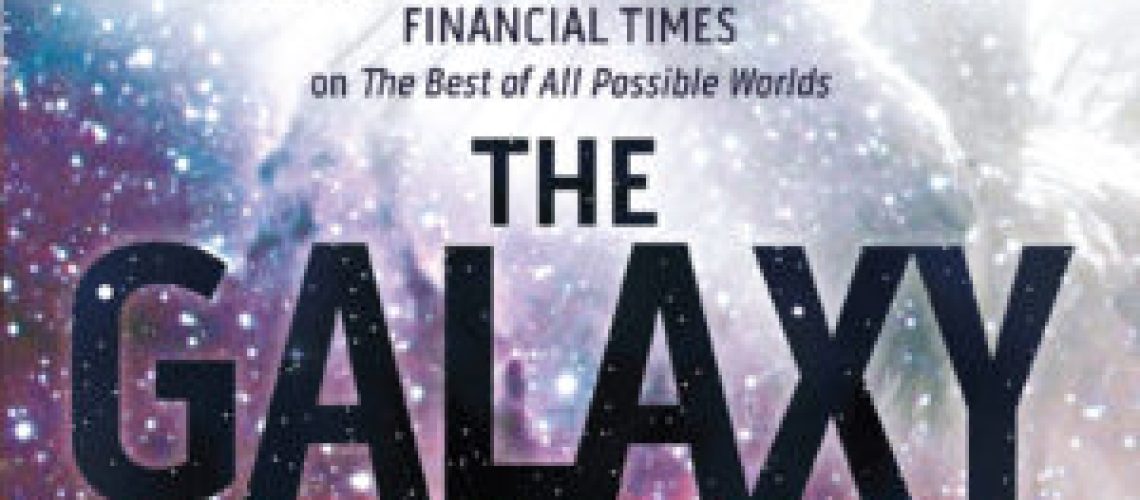Rafi is a sometimes unwilling student at the Lyceum, a school for the psionically gifted. Such powers are dangerous, and Rafi is an object of control and political manipulation. Seeking freedom from the Lyceum and those who would control him, Rafi’s personal journey, and the personal journeys of his friends, take him outside the bounds of the Lyceumto worlds and places where he and his friends can try to find themselves. And perhaps get in a little Wallrunning too.
And yet the personal story of a psionically gifted student and his friends is set against the backdrop of a planet and a galaxy undergoing severe social change. Psionics, mindships and galactic politics are all part of Karen Lord’s The Galaxy Game.

While Rafi is the major protagonist in the novel, I found it interesting that there are a variety of characters and points of view in the novel. Rafi’s scenes are done in a third person point of view, which is a rather striking contrast to the first person view of his friend Ntenman. Ntenman acts as Rafi’s entry into the life and world of Punartam. Punartam, a fascinatingly matriarchal planet, is an interesting contrast to Rafi’s life on his home planet of Cygnus Beta. Rafi is a bit of a fish out of water there, and Ntenman acts as guide for him and for the reader.
The other voices in the novel, such as Serendipity, are also strong and distinct, even as the action flows to and from Rafi in waves. I also highly enjoyed some of the secondary characters and wished for more points of view from their perspective. I found this particularly true for the character of Ixiaralhaneki. She fascinates me as a reader as much as she does Rafi as a character. Even her name alone is a fascinating lesson in social constructs, showing how the author likes to use names as social signifiers. Ixiaralhaneki is her full name, indicating a given name married to her house. If she likes you, she will let you call her Ixiaral.
Although the number of overlapping characters with The Best of All Possible Worlds is relatively small and minor (aside from the protagonist himself), the Galaxy Game really doesn’t stand alone from the previous book and does not really pretend to do so. It’s a standalone in plot, even though its not a standalone in milieu. Essential worldbuilding in the previous book is assumed in this volume, especially in the prologue of the novel. The spinning out of the implications of the genocidal event that sparks off the plot of the prior book continues here. There is real artistry to how the author allows events to unfold and progress, carrying the reader along by means of the smaller, personal story of Rafi’s growth and development.
The “humans are already long since in space and have been for millenia” is a trope that is a little uncommon in science fiction. Man going to the stars and finding aliens is old hat. Even human-like aliens, alike to humans except for pointed ears and third eyelids or funny bumps on their foreheads, is a relatively common stock in classic science fiction. But to actually get to the stars to find that there are humans there already, and star-faring to boot, is uncommon in this day and age. Given advances in archaeology and paleontology, the existence of man already on other worlds usually has to be explained in terms of ancient progenitor races taking man from Earth and seeding it on other planets. The reverse, where humans were seeded *onto* Earth, such as in the movie Jupiter Ascending, is far less plausible.
The cultural setup of various kinds of humans on the galactic scene with Terrans from Earth only a minor player at best is something found in Catherine Asaro’s Skolian Empire novels. There, several groups of humans, mainly of Central American origin, were taken to the stars thousands of years ago, seeded on many planets; they started creating a couple of civilizations in the process. Like Lord’s books, many of those civilizations have women in strong positions of power, including at least one planet which is a full on matriarchy. Karen Lord’s universe also strongly reminds me of the work of Jack Vance. While his universes usually feature far futures with Earthlings having colonized the galaxy and having undergone cultural speciation, the sheer variety of the worlds and strange customs, beliefs and social structures defies belief. Lord’s worlds feel of a piece with Vance’s — and vice versa.
The Galaxy Game showcases the development and growth of one of the most exciting writers in genre today. Readers interested in learning more about Karen Lord and the world of The Best of All Possible Worlds and the Galaxy Game may be interested in listening to Shaun, Julia and I’s interview with Karen Lord. She has also previously joined us on episodes of the podcast to discuss Caribbean SF as well as The Best of All Possible Worlds.







